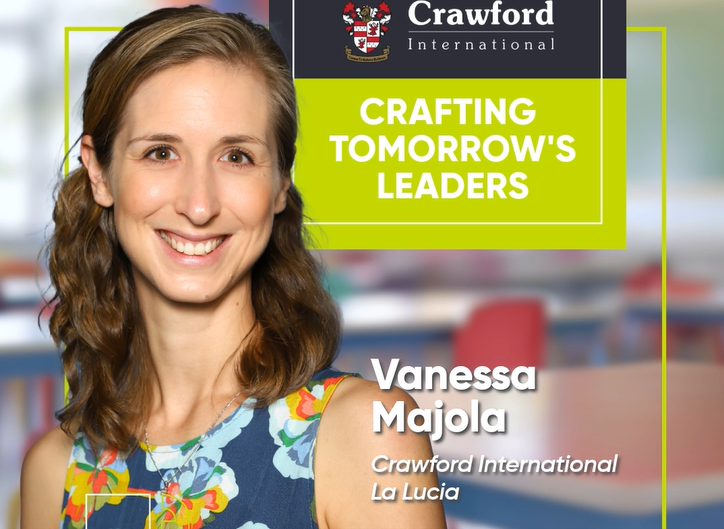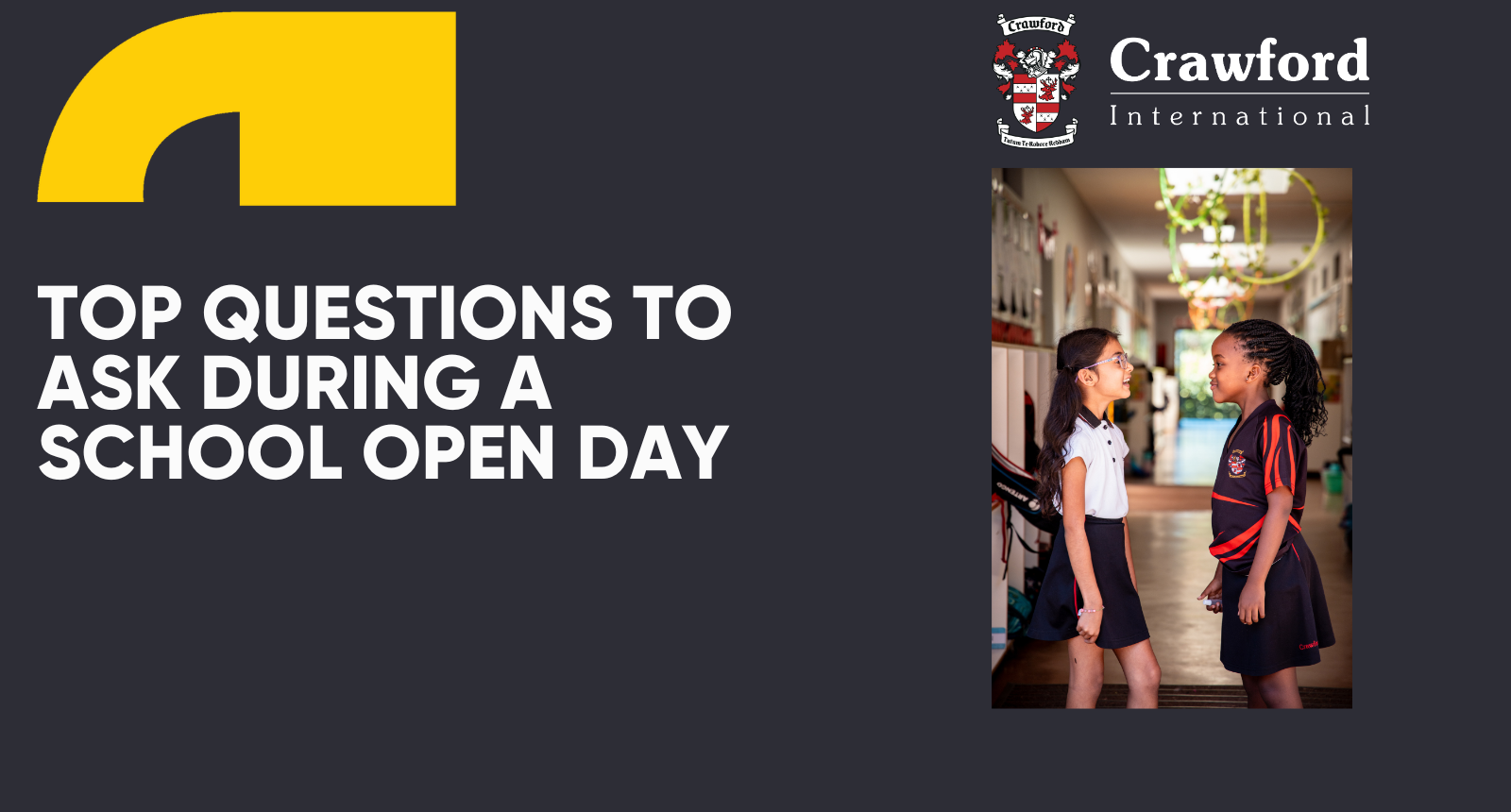Teens & Social Media: What's The Impact?
ADvTECH Group • April 7, 2022
While it has helped us all maintain connection in a pandemic-ridden world, the social media effect on young people has a far-reaching impact!

The Brain Game
Except for the toddler years, adolescence is a time when the brain develops and changes at a rapid pace. These changes are part of growing up and lay the foundation for how your teenager thinks, acts, and feels throughout life. And, just as we’d need to curb a toddler’s exposure to technology, we need to pay attention to this with our teens too.
A recent study by the ‘UCLA Brain Mapping Center’ looked into the seemingly addictive aspects of social media and teens. The results showed that receiving ‘likes’ on social media activated certain regions of the teen brain, releasing endorphins and causing them to want more and more. The main region affected is the very same region that reacts when we win something. This effect on our young people’s reward centres is likely to be one reason our teens are so drawn to all things digital.
What’s more, a side effect of all this brain development is difficulty in self-regulation and engaging in more impulsive behaviour. Not only could this result in teens spending too much time online, but navigating an often perilous online world leaving them at risk of cyberbullying, peer pressure, cat-fishing, and sexting.
On the other hand, another important part of your teens development is that of ‘identity’. As a teen they are figuring out who they are as a unique individual and a positive aspect of social media on young people is that it offers them a place to practise their individual skills like sharing their opinions, beliefs and preferences with others.
Connect Disconnect
Learning how to make friends and maintain relationships with others is an important part of teenage development. And while you, as a 70's teenager may have done this by spending countless hours on the phone or hanging out at the mall, our teens are making connections with peers over text, pics and comments.
While they are communicating with others and making friends, resolving conflict and exploring their identities, they are doing so through a screen and not face to face, therefore they’re not benefiting from real-time and real-life contact.
Think about it, an emoji will never replace body language, neither can a text or meme convey inflection and emotion. Not only does this leave a lot of room for interpretation (and misinterpretation), it also means our teens are missing out on some of the most personal, intimidating and rewarding facets of communication.
Self-esteem, depression and anxiety
Every teenager just wants to be accepted, and their image is everything. Your teen gets access to 24/7 data on how their peers perceive them through social media. Whether it’s through likes, comments or shares, their image is validated, questioned, rejected and even harassed on the daily. This is where we see a lot of bullying happen.
It’s become easy to be cruel, and teens often gang up on each other in what could be described as an unrestrained environment. An environment without boundaries is also ripe for competition, and we’ve all seen the rise of “The Challenge” as a result. Many of these are relatively tame (and engaging in risk-taking is a hallmark of teen development), but pushing the envelope in trying to gain followers, likes or attention could lead to trouble.
We also know that what we see online is rarely the full picture – a digital image is one that has been curated to show off only the very best parts of ourselves. Yet, this doesn’t stop a teen from comparing themselves to others.
Some experts call this the “compare and despair” aspect of the impact of social media on teens. It could lead to jealousy and envy and will affect a teen’s self-esteem. These factors are said to be contributors to the growing mental health struggles we see in our teens, depression and anxiety amongst the highest.
Read Crawford International's blog on mental health in teens here.
Losing out on those ZZZ's
Remember that difficulty in self-regulation we mentioned? Well, scrolling through their timelines often sucks teens into a wormhole. What’s more, research has shown that teens often wake up in the night, reach for their phones, and check up on their socials. The result is that they stay up far later than they should and lose out on valuable sleep.
Your teen needs more sleep than you think – at least 8 to 10 hours a night. Too little sleep affects their mood, academic performance, immunity, and more. It could also affect any existing challenges, such as depression, ADHD, and anxiety.
What you can do
Turn it off. That means you too – the best way to get any child to do something is to model that behaviour yourself. So, set ‘tech-free time’ zones and/or periods in your home, which are places and times when no one is allowed to use their phone or computer (or even watch TV). Not only will this help curtail everyone’s exposure to the pitfalls of technology, but this gives the family time to be together, to strengthen bonds, and to enjoy each other.
It’s also important to talk about social media, setting healthy boundaries, how to stay safe online, and what is and isn’t acceptable behaviour on social platforms taking your family’s values into account.
Maintaining open, honest communications with your teen is key, and part of having a secure parent-child relationship is them knowing they can talk to you about their problems and worries. If you feel the need to, keep an eye on your child’s Facebook Twitter, Instagram and TikTok activity. But an absolute no-no would be going through text messages on their phone.
Lastly, encourage a healthy balance between the digital and real-world. Get them involved with extracurriculars and activities that they’re interested in and encourage them to have their friends over.
This blog will help you find the best extracurricular activity for your child.
When it comes to the negative effects of social media on teenagers, limiting or banning it isn’t the answer – it’s rather about implementing healthy boundaries, engaging in conversation with your teen, letting them know you’re there for them, and being a role model of responsibility.












